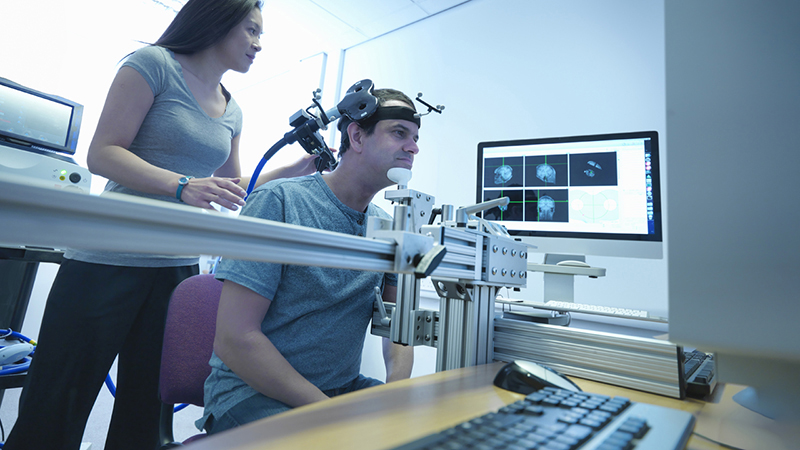Transcranial Magnetic Stimulation (TMS) Therapy is a non-invasive brain stimulation technique that has been used to treat a number of conditions including depression, anxiety, and Parkinson’s disease. TMS has been used for over two decades, yet its role in improving quality of life is only now being more fully understood. If you are looking for transcranial magnetic stimulation therapy then, you may check Washingtoninterventionalpsychiatry.

Image Source: Google
TMS works by using magnetic pulses to stimulate the neurons in the brain. This stimulation can improve the balance of neurotransmitters and neural pathways, which in turn can help to improve mood, reduce anxiety, and improve cognitive functioning.
The effects of TMS are particularly notable in those with severe depression who have not responded to other treatments. Studies have shown that TMS can reduce depressive symptoms, improve quality of life, and reduce the need for medication.
In addition to its use in the treatment of depression, TMS has also been used to help those suffering from anxiety disorders, obsessive-compulsive disorder, and post-traumatic stress disorder.
TMS is a safe, non-invasive treatment that has been proven to improve the quality of life in those suffering from a range of mental health disorders. It is an effective tool for managing symptoms of depression, anxiety, and other mental health conditions, making it an invaluable resource for improving quality of life.
